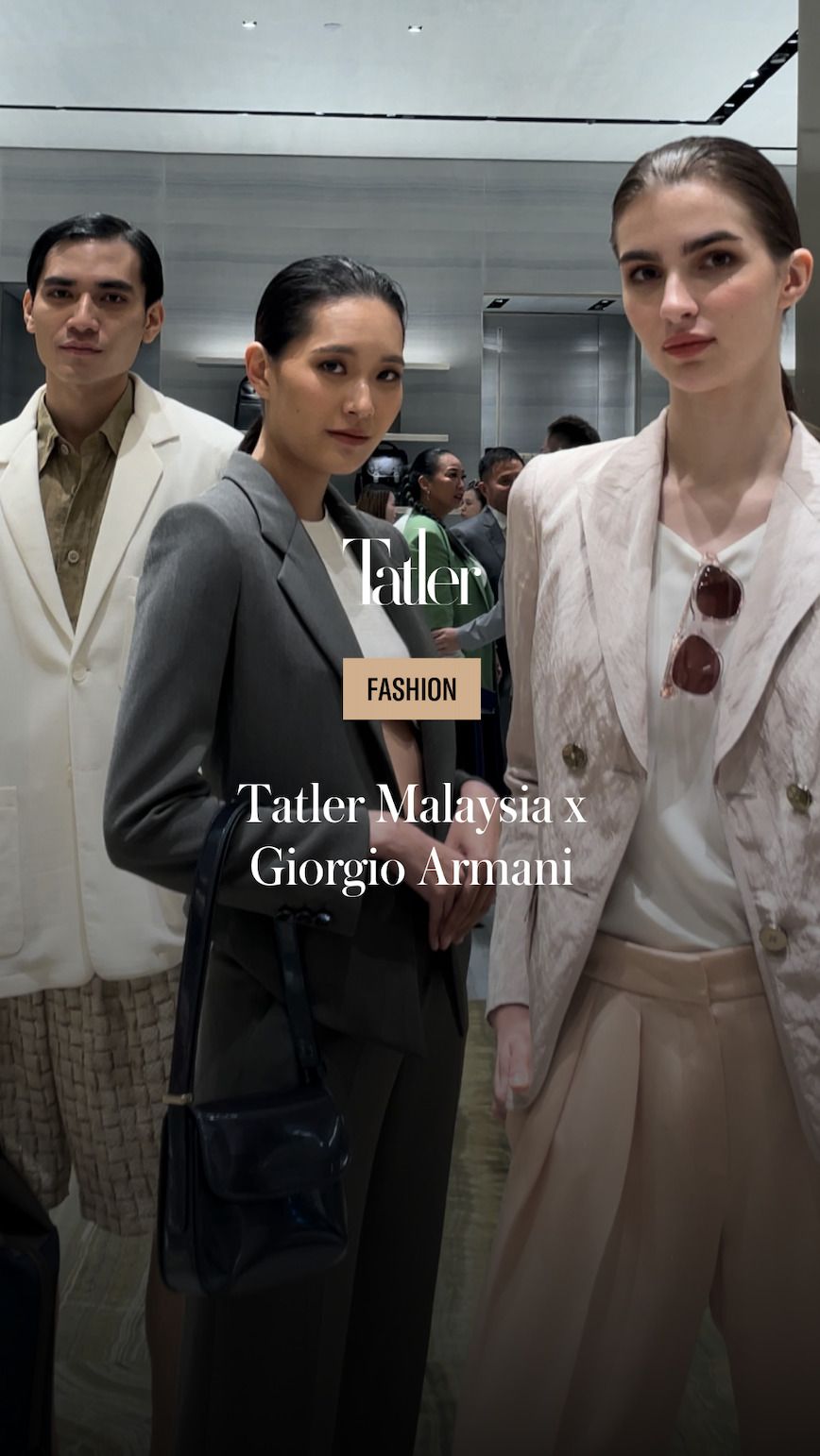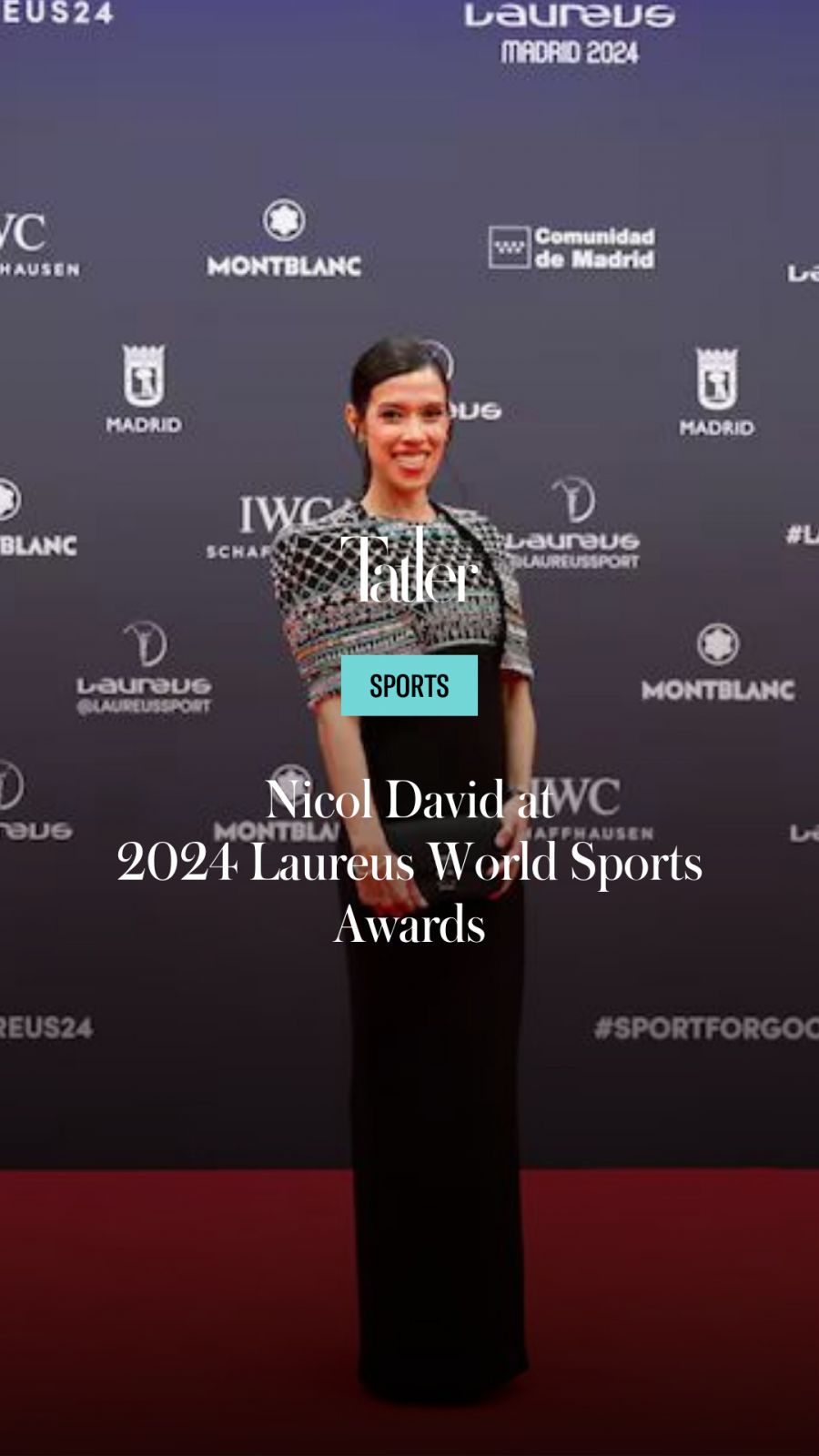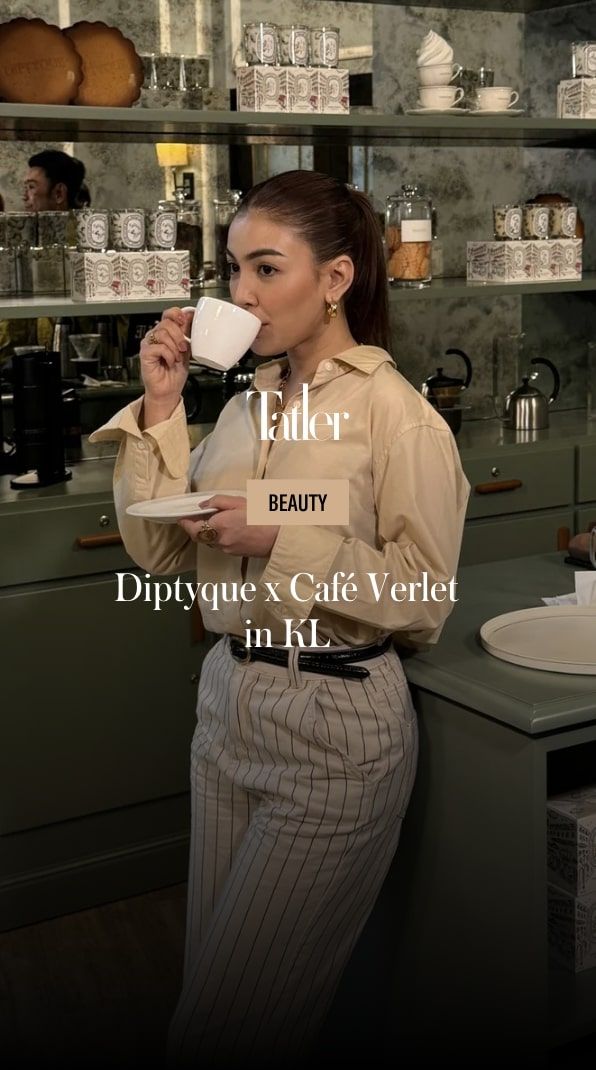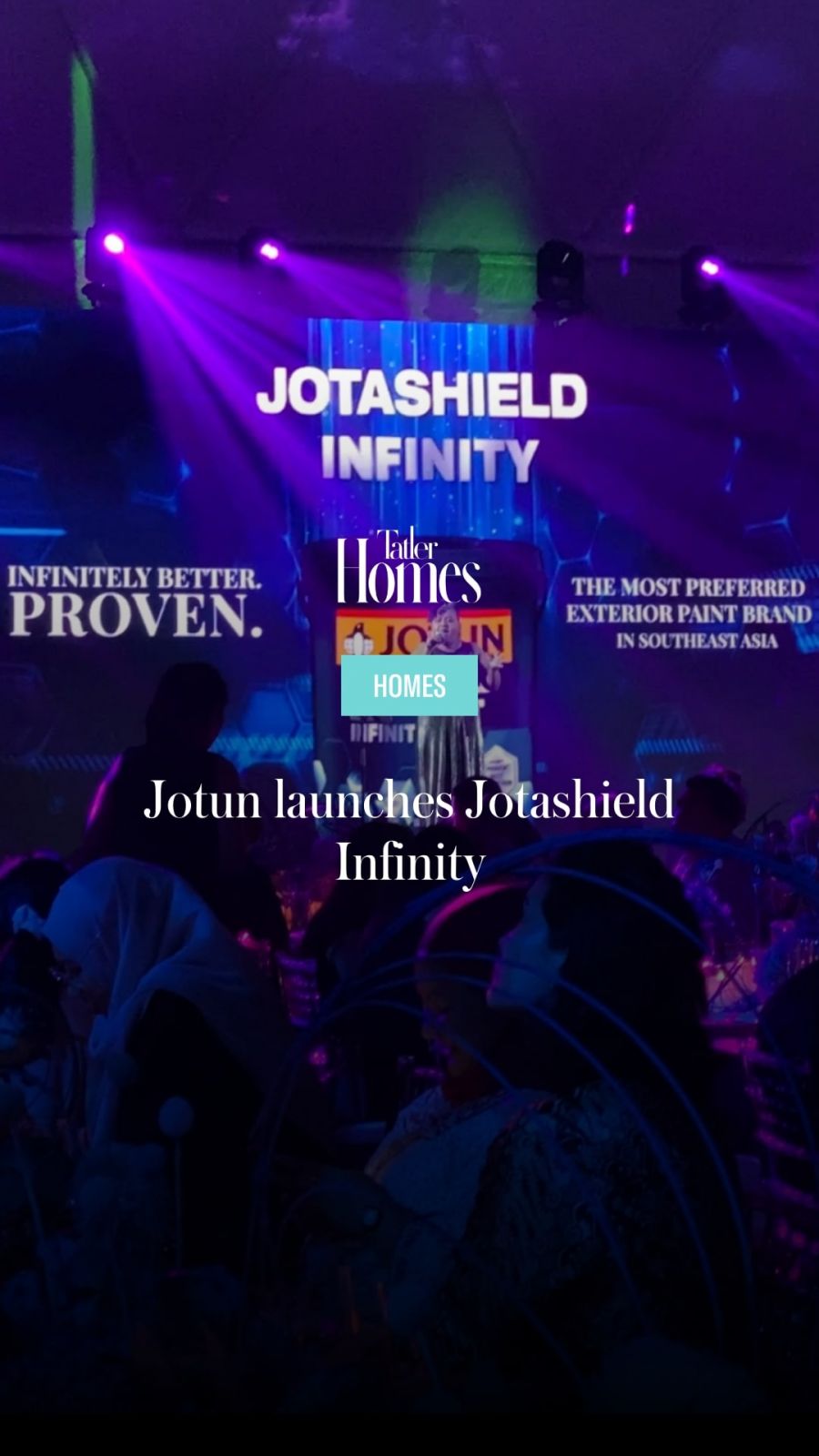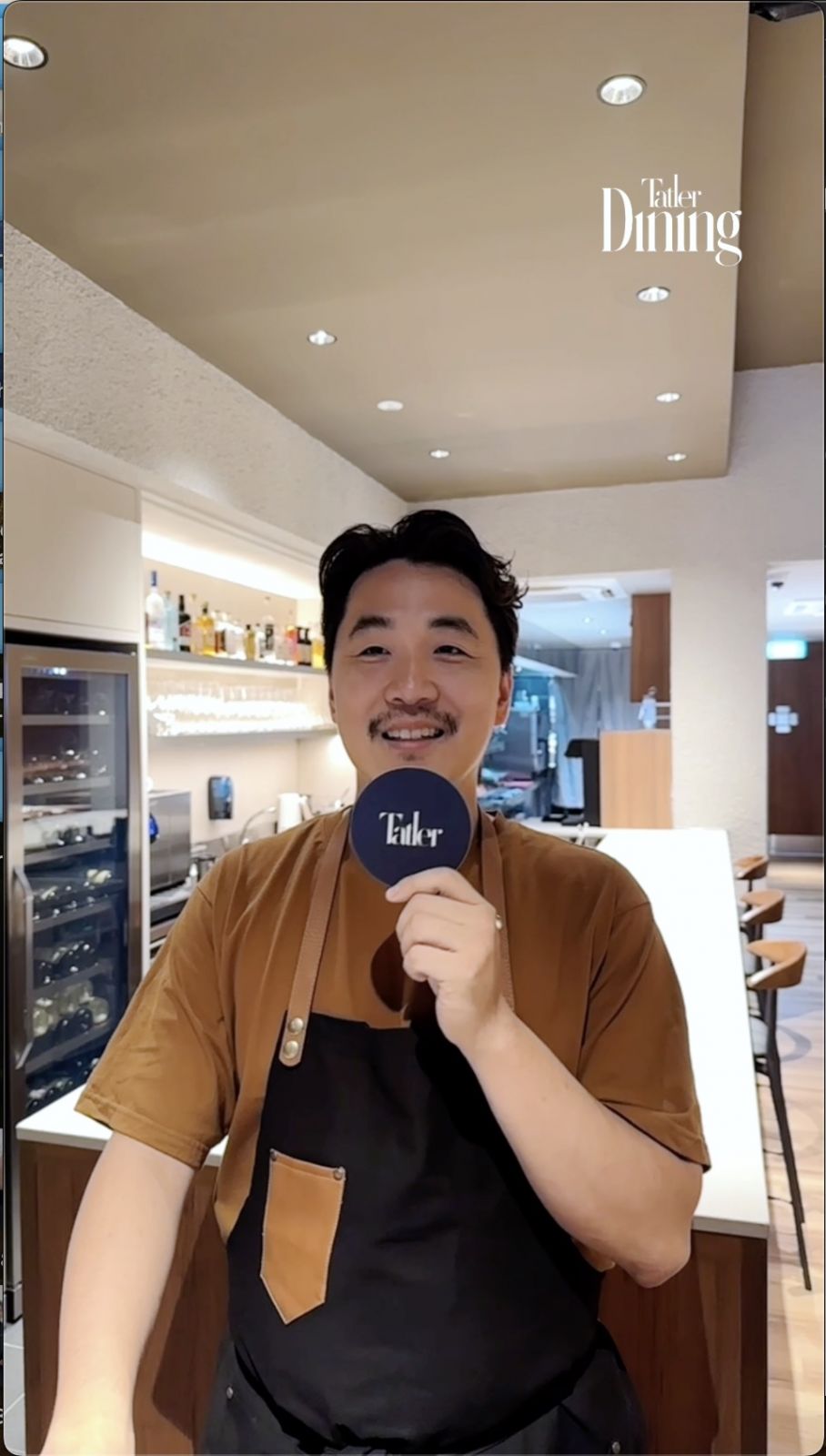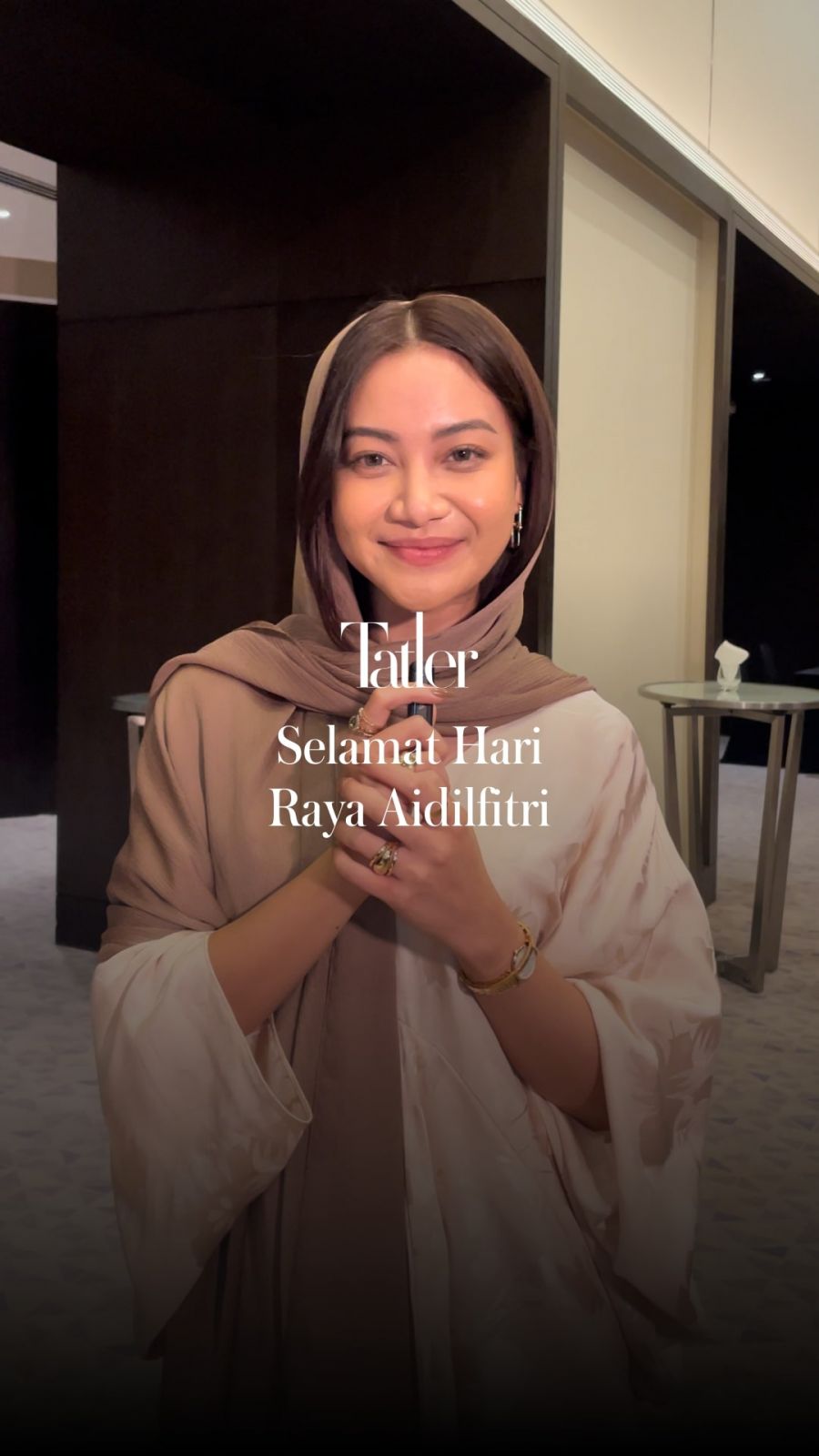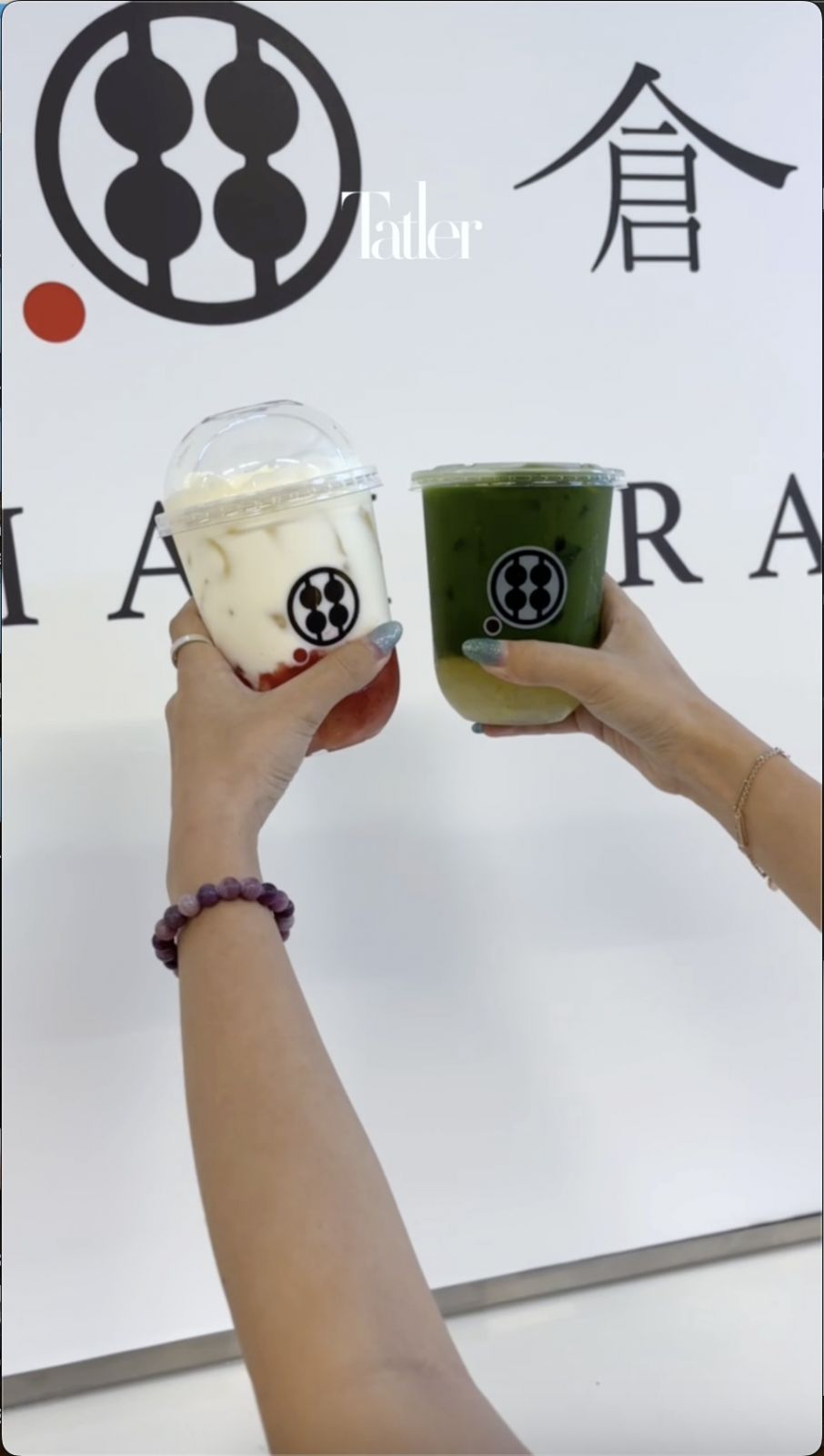“Vision is more than sight” is the life philosophy that has led American bio-engineering professor and blind scientist Mona Minkara on a journey that transcends limitations
Being diagnosed with macular degeneration and cone-rod dystrophy at just seven years old was certainly not the end of Mona Minkara’s incredible story, but the beginning. Born and raised in Maryland, USA to Lebanese immigrant parents, Minkara’s family was told by one specialist that investing in her education would be a waste.
Her parents were determined to prove otherwise, and it turns out, they were right.
“Growing up, I was told that science wasn’t for me because of my blindness, but I refused to accept that narrative,” says Minkara, who is also an assistant professor of bioengineering at Northeastern University. “The biggest mindset shift I had to overcome was realising that my blindness wasn’t a limitation; it was simply a different way of experiencing and interacting with the world.”
Despite the challenges of a public school system that was often unprepared to support a blind student, Mona’s perseverance and her family’s commitment helped her realise an academic potential she hadn’t thought possible. Against all odds, she excelled, taking advanced classes and ultimately earning a place at Wellesley College on scholarship.


Surrounded by a community that believed in her, she found a passion for science and research, paving the way for an accomplished career in bioengineering.
“Overcoming societal expectations and biases has been central to my work in both science and travel. In academia, I’ve had to prove that blindness is not a barrier to conducting meaningful scientific research.
“This experience has driven me to advocate for more inclusive practices in STEM, ensuring that future generations of scientists have the tools, support, and agency they need to succeed, regardless of their abilities.”
Minkara’s website boasts an entire section on digital resources for blind scientists, in which she has listed the tools and methods that have aided her in her journey from a student to a professor. The compilation includes her personal insights as well as mobility aids, software and hardware tools, and guidance on working with access assistance, with a soon-to-come section on AI tools.
See also: Meet Lisa Macuja-Elizalde, the Filipina ballerina who brought ballet to the people









